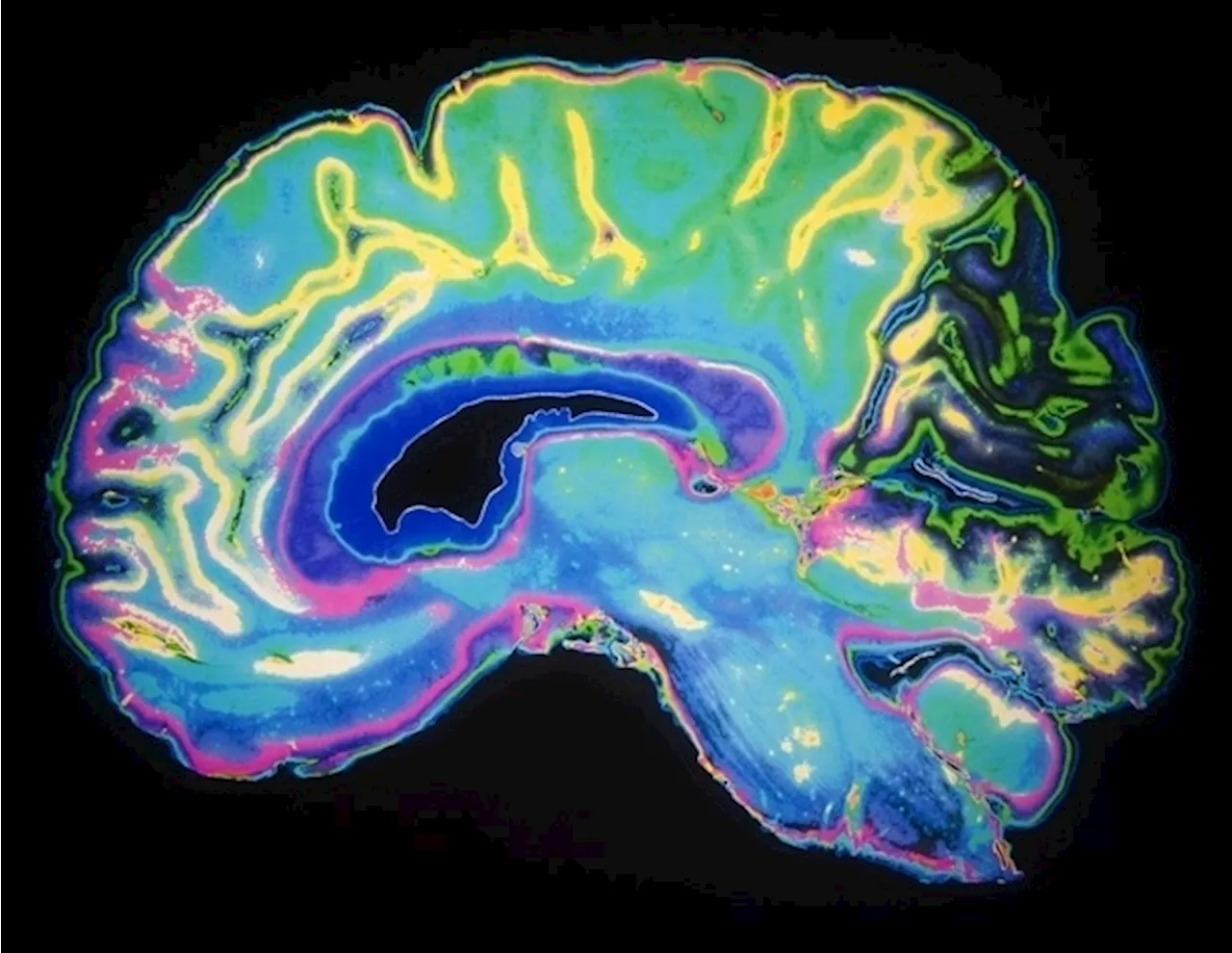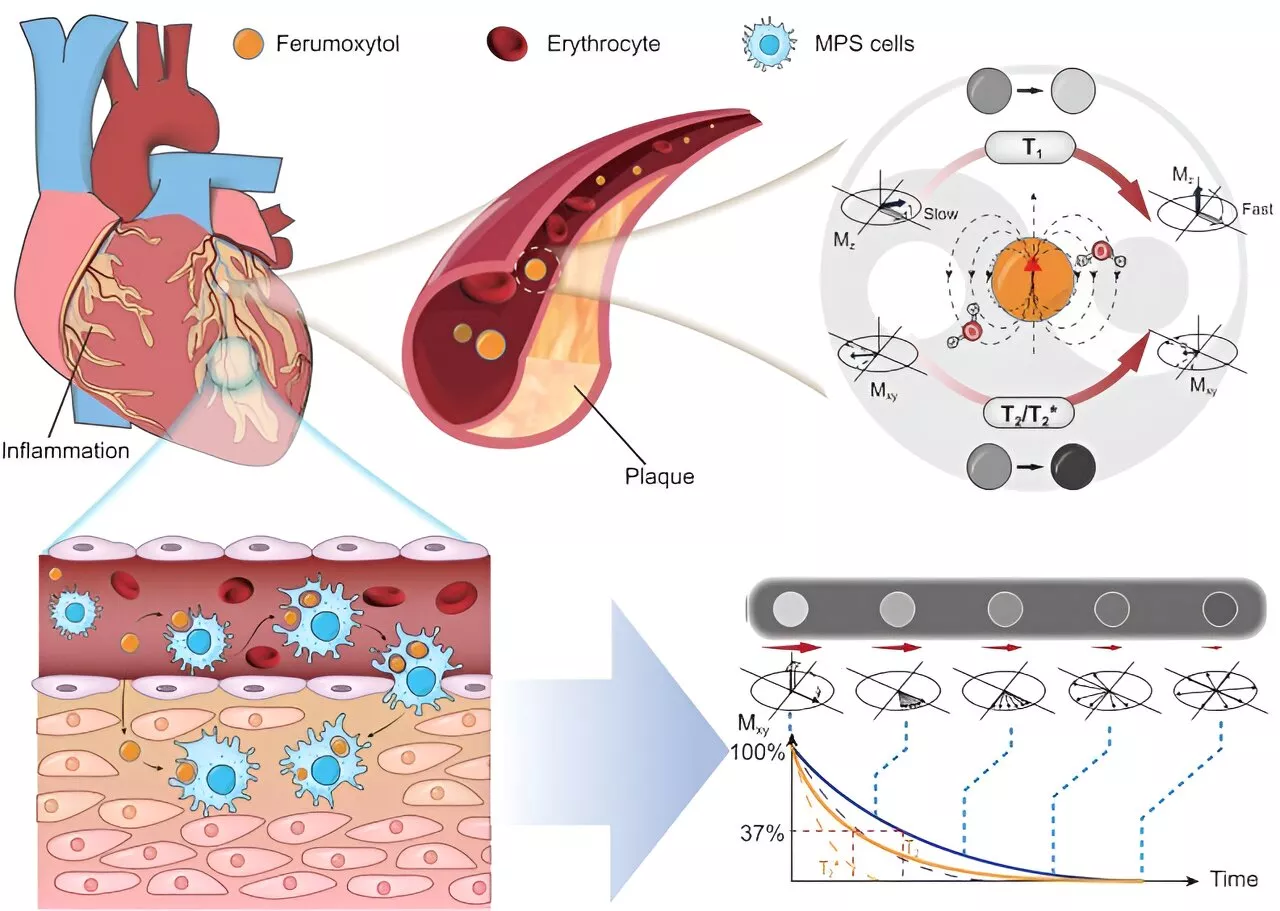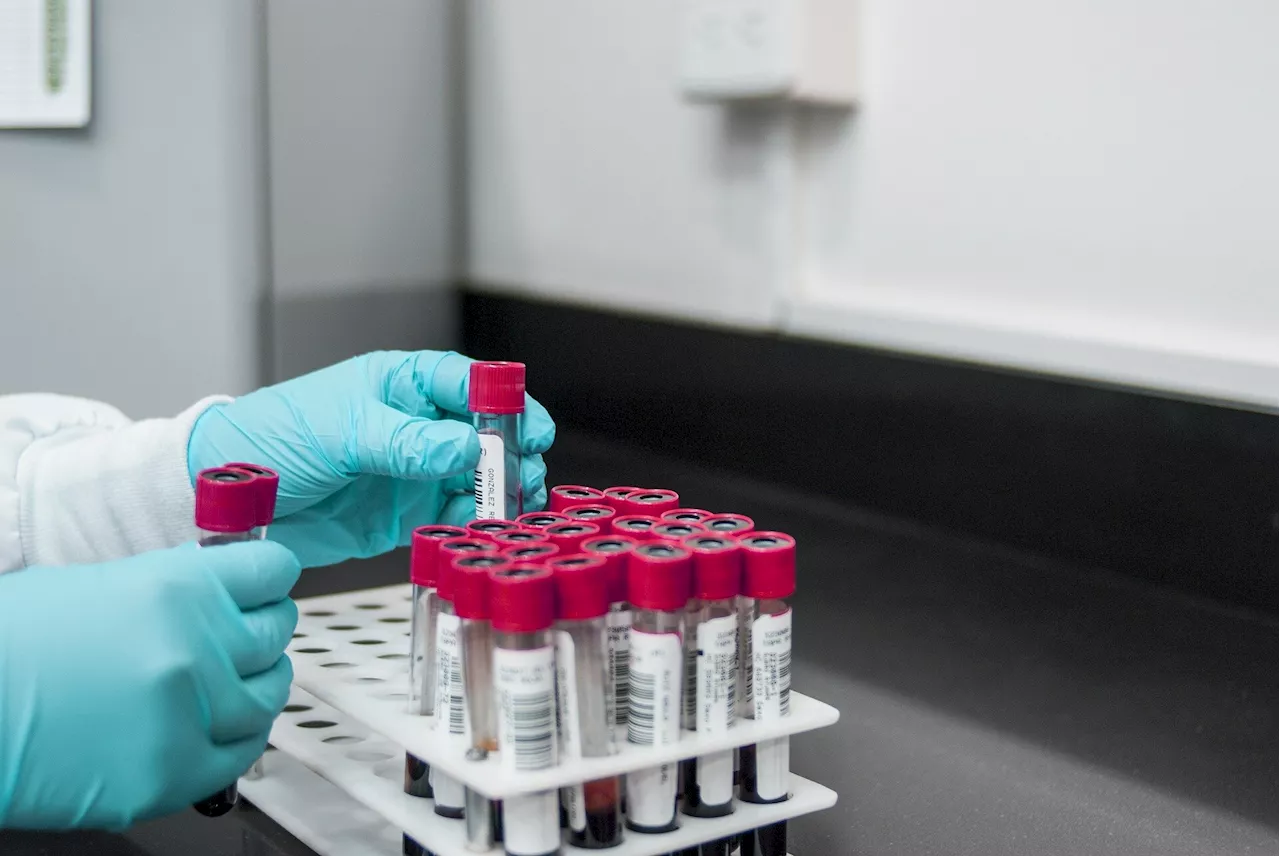Removing the final step – which involves patients being injected with contrast dye – could slash costs and time, as well an increasing…
Cutting the length of MRI scans for prostate cancer by a third would make them cheaper and more accessible without hindering accuracy, a trial has found
The final step involves the patient being injected with contrast dye, which helps to enhance the images from the scan. For each patient, radiologists assessed a two-step scan without the dye and the three-step scan separately. Radiologist Dr Francesco Giganti, of UCL Surgery & Interventional Science and UCLH, said the three-part multiparametric MRI scan “has been a game-changer” for prostate cancer diagnosis and has spared thousands of men from “unnecessary biopsies”.
“This will allow more men to benefit from a better, more accurate diagnosis at a lower cost to healthcare systems not only in the UK, but worldwide. The Cap trial involved more than 400,000 patients between the ages of 50 and 69, almost half of whom were invited for a PSA test as part of the study.
Ireland Latest News, Ireland Headlines
Similar News:You can also read news stories similar to this one that we have collected from other news sources.
Cutting length of prostate MRI by a third could help more men, researchers sayRemoving the final step – which involves patients being injected with contrast dye – could slash costs and time, as well an increasing…
Read more »
 Cutting length of prostate cancer MRI could save lives, new research revealsCosts will be cut by half, with the same amount of patients diagnosed if one step is removed from vital prostate scans
Cutting length of prostate cancer MRI could save lives, new research revealsCosts will be cut by half, with the same amount of patients diagnosed if one step is removed from vital prostate scans
Read more »
 McGovern researchers debunk claims of direct neuronal activity imaging with MRIA new way of imaging the brain with magnetic resonance imaging (MRI) does not directly detect neural activity as originally reported, according to scientists at MIT's McGovern Institute.
McGovern researchers debunk claims of direct neuronal activity imaging with MRIA new way of imaging the brain with magnetic resonance imaging (MRI) does not directly detect neural activity as originally reported, according to scientists at MIT's McGovern Institute.
Read more »
 Exploring ferumoxytol: A new frontier in MRI contrast agentsMagnetic resonance imaging (MRI) is a cornerstone in the landscape of medical diagnostics, celebrated for its non-ionizing and non-invasive nature. With nearly 40% of MRI procedures requiring contrast agents for optimal sensitivity, the quest for safer and more effective alternatives to gadolinium-based agents (GBCAs) has intensified.
Exploring ferumoxytol: A new frontier in MRI contrast agentsMagnetic resonance imaging (MRI) is a cornerstone in the landscape of medical diagnostics, celebrated for its non-ionizing and non-invasive nature. With nearly 40% of MRI procedures requiring contrast agents for optimal sensitivity, the quest for safer and more effective alternatives to gadolinium-based agents (GBCAs) has intensified.
Read more »
 New research highlights combining prostate MRI with a blood test to avoid unnecessary prostate biopsiesMRI of the prostate, combined with a blood test, can help determine if a prostate lesion is clinically significant cancer, new research suggests
New research highlights combining prostate MRI with a blood test to avoid unnecessary prostate biopsiesMRI of the prostate, combined with a blood test, can help determine if a prostate lesion is clinically significant cancer, new research suggests
Read more »
 MRI method purported to detect neurons' rapid impulses produces its own misleading signals insteadA new way of imaging the brain with magnetic resonance imaging (MRI) does not directly detect neural activity as originally reported, according to scientists at MIT's McGovern Institute. The method, first described in 2022, generated excitement within the neuroscience community as a potentially transformative approach.
MRI method purported to detect neurons' rapid impulses produces its own misleading signals insteadA new way of imaging the brain with magnetic resonance imaging (MRI) does not directly detect neural activity as originally reported, according to scientists at MIT's McGovern Institute. The method, first described in 2022, generated excitement within the neuroscience community as a potentially transformative approach.
Read more »